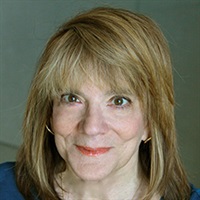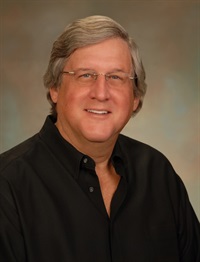Information
EP20 Great Conversations 01 - The Fiction of Memory - Elizabeth Loftus, PhD and Michael Yapko, PhD
Original Program Date :
Length: 1 hour 31 minutes
Description:
For several decades, Elizabeth Loftus has been manufacturing memories in unsuspecting minds. Sometimes this involves changing details of events that someone actually experienced. Other times it involves planting entire memories event events that never happened—“rich false memories.” People can be led to believe that they did things that would have been rather implausible. They can be led to falsely believe that they had experiences that would have been emotional or traumatic had they actually happened. False memories, like true ones, also have consequences for people, affecting later thoughts, intentions, and behaviors.
Can we tell true memories from false ones? In several studies, these created false memories in the minds of people, were then compared to true memories.. Once planted, the false memories look very much like true memories—in terms of behavioral characteristics, emotionality and neural signatures. If false memories can be so readily planted in the mind, do we need to think about “regulating” this mind technology? And what do these pseudomemories say about the nature of memory itself?
Educational Objectives:
- Identify some of the paradigms in psychology for studying memory distortion
- Discuss the characteristics of true memories versus false memories
- Address about how the malleability of memory might affects clinical practice and other aspects of life
*Sessions may be edited for content and to preserve confidentiality*
Elizabeth Loftus, PhD

Elizabeth Loftus is Distinguished Professor at the University of California, Irvine. She holds positions in the Departments of Psychology & Social Behavior, and Criminology, Law & Society. And she is Professor of Law.
Loftus received her undergraduate degree in Mathematics and Psychology from UCLA, and her Ph.D. in Psychology from Stanford University. Since then, she has published 23 books and over 500 scientific articles. Her books have been translated into Dutch, French, German, Japanese, Chinese and other foreign languages.
Loftus's research has focused on human memory, eyewitness testimony and also on courtroom procedure. Her work has been funded by the National Institute of Mental Health and the National Science Foundation. She was elected president of the Association for Psychological Science (APS), the Western Psychological Association (twice), the American Psychology-Law Society, and the Experimental Psychology division of the American Psychological Association (APA).
Loftus has received seven honorary doctorates for her research, from universities in the United States, but also The Netherlands, Great Britain, Israel and Norway. Her other honors and awards are numerous.
Michael Yapko, PhD

Michael D. Yapko, Ph.D. (professional psychology, clinical specialization), is internationally recognized for his innovative work in applied clinical hypnosis, developing brief psychotherapies, and the strategic treatment of depression. He has been invited to present his work in more than 30 countries across six continents. He is the author of 15 books, including his most recent, The Discriminating Therapist. He is a recipient of numerous awards for his many contributions to the field, including the Milton H. Erickson Foundation Lifetime Achievement Award.

